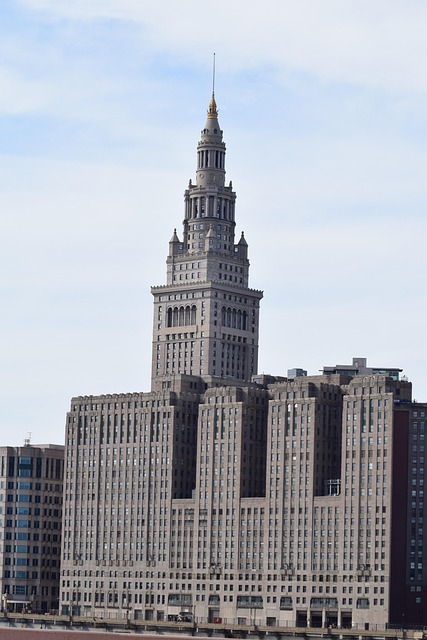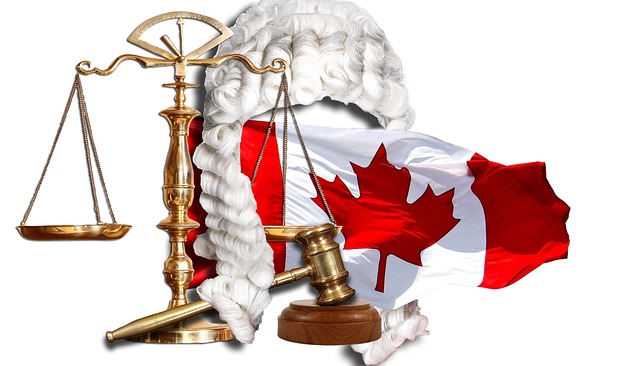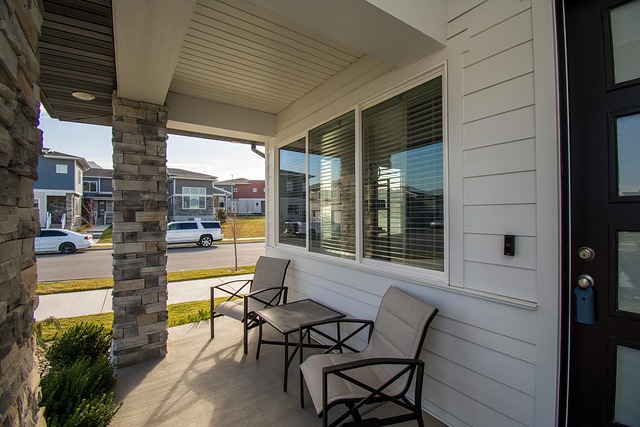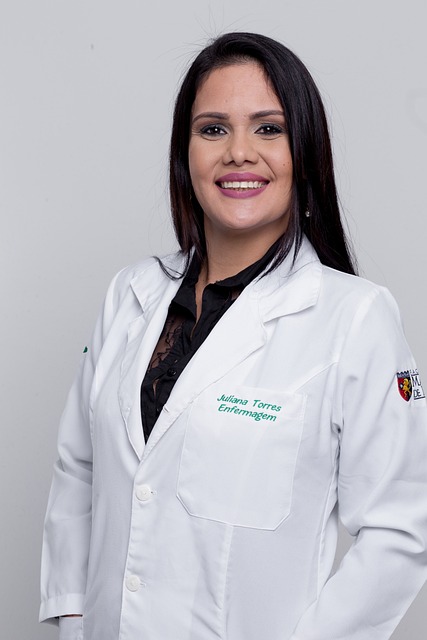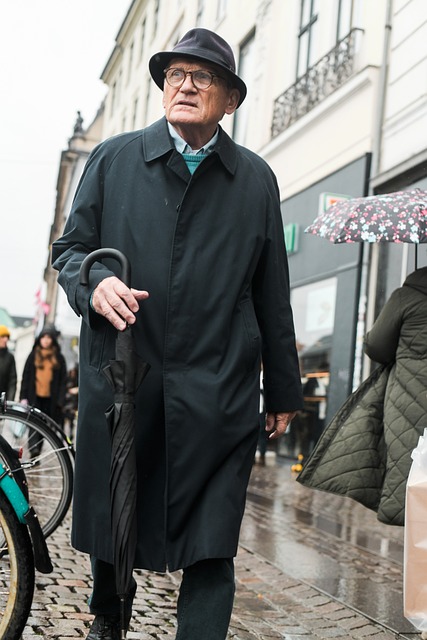Elderly assault in Cleveland, OH, is addressed through collaboration between law enforcement, healthcare, and community groups. Specialized services cater to survivors' unique needs, offering trauma support, mental health care, medication management, and holistic healing approaches. Cleveland's network enhances recovery, promotes well-being, and ensures access to tailored support for elderly victims.
In Cleveland, Ohio, addressing elderly assault recovery is a multifaceted challenge. This article delves into the crucial role medication plays in helping elderly victims heal. We explore the unique context of elderly assault in Cleveland, accessing mental health services available in the city, and delve into common trauma recovery medications. Additionally, we discuss the challenges and benefits of medication management, highlighting support systems that foster effective healing within the community of Cleveland OH.
Understanding Elderly Assault in Cleveland OH

Elderly assault is a growing concern in Cleveland, Ohio, where an aging population makes the city’s residents more vulnerable to violence and subsequent recovery challenges. Understanding the dynamics of elderly assault in this urban setting is crucial for implementing effective support systems. Cleveland, with its diverse neighborhoods and socioeconomic disparities, presents unique challenges for victims aged 65 and over.
Many factors contribute to elderly assault, including physical frailty, isolation, financial struggles, and mental health issues. The city’s response involves a collaborative effort between law enforcement agencies, healthcare providers, and community organizations. By recognizing the specific needs of elderly victims in Cleveland OH, support services can be tailored to address trauma, promote healing, and enhance their overall well-being during recovery.
Accessing Mental Health Services in the City

In Cleveland, OH, accessing mental health services is facilitated through a robust network of specialized clinics and community-based organizations dedicated to elder care. The city boasts numerous resources designed to support the unique needs of elderly assault survivors, ensuring they receive comprehensive care that addresses both physical and psychological wounds. One notable aspect is the presence of trauma-focused programs tailored specifically for seniors, which offer counseling, therapy, and support groups led by experienced professionals.
These services are easily accessible through various channels, including local senior centers, community health clinics, and non-profit organizations. Many of these entities partner with hospitals and law enforcement agencies to provide immediate intervention and long-term support. Cleveland’s commitment to mental health accessibility ensures that elderly assault survivors can find help promptly, fostering a supportive environment for their recovery journey in a familiar setting like their own city.
Common Medications for Trauma Recovery

In the aftermath of an assault, elderly individuals in Cleveland, OH, often require comprehensive care to aid their recovery. Medication plays a significant role in this process by addressing various symptoms associated with trauma, such as anxiety, depression, and post-traumatic stress disorder (PTSD). Commonly prescribed medications include selective serotonin reuptake inhibitors (SSRIs) like sertraline and escitalopram, which are known to alleviate symptoms of depression and PTSD.
Additionally, benzodiazepines like alprazolam may be utilized on a short-term basis to manage severe anxiety and panic attacks resulting from the trauma. These medications work by slowing down nerve activity in the brain, providing temporary relief. However, due to potential dependencies and side effects, they are typically prescribed with caution and for limited periods under professional supervision.
Challenges and Benefits of Medication Management

Medication management plays a significant role in the recovery process for elderly assault victims in Cleveland, OH. However, it comes with unique challenges. The aging process often leads to complex medication regimens due to multiple health conditions and previous treatments. This complexity can be further exacerbated by prescription interactions or side effects, making it crucial for healthcare providers to carefully monitor and adjust medications accordingly.
Despite these challenges, proper medication management offers substantial benefits. It helps ensure that elderly patients receive the most effective treatments with minimal adverse effects. In Cleveland, where access to specialized care is readily available, a well-managed medication regimen can significantly improve recovery outcomes, enhance quality of life, and reduce the risk of future health complications for elderly assault survivors.
Support Systems for Effective Healing in Cleveland OH

In Cleveland, OH, a robust network of support systems plays a pivotal role in facilitating the recovery process for elderly assault victims. Local non-profit organizations and community centers offer crucial services like counseling, social activities, and skill-building workshops tailored to address the unique needs of older adults. These initiatives not only provide emotional support but also help rebuild their sense of security and independence.
Additionally, Cleveland’s healthcare system is equipped with specialized teams focused on geriatric care, ensuring that elderly patients receive comprehensive treatment plans. This includes physical therapy, mental health services, and access to pharmaceutical interventions designed to manage pain, anxiety, and other conditions frequently associated with assault-related trauma. Such holistic approaches are instrumental in fostering effective healing and promoting the well-being of Cleveland, OH’s elderly population.
